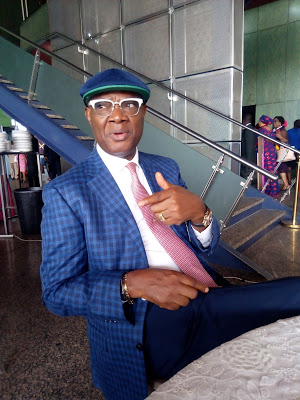Renowned maritime lawyer, Mike Igbokwe, a Senior Advocate of Nigeria, is confident that the Global Maritime Security Conference(#GMSC2019) held in Nigeria recently will be a ‘game-changer’, considering key take-aways, particularly the resolution for collaboration among States within the Gulf of Guinea(GoG) to tackle the threat of piracy.
operate. And because the jurisdiction of countries or their courts is limited to their territorial waters, unless you have laws that will enable the prosecutors and the courts to be able to prosecute and try offenders within their countries, in the courts of their countries, despite the fact that these offences were committed on the high seas or perhaps they ran away, you have issues.
other maritime crimes were thrown up for discussion. At the end of the conference, there was a communique.
Nigeria has signed the two Suppression of Unlawful Acts Against Shipping and Ships Conventions; that of 1988 and 2005, and also signed the 1988 protocol. The only thing Nigeria has not signed is the 2005 protocol to the SUA Convention, but she has also domesticated it because Section 12 of the 1999 Constitution says that for any treaty that Nigeria is a party to , to become enforceable in our law courts , the treaty must first be enacted into our local law by the National Assembly. And that has been done now.
The role of collaboration among the GoG States?

